Behavioral interventions
Recent articles
Sensitive test of autism treatment effects could enable comparison of different interventions
In a first, researchers used the BOSCC measure to analyze data from multiple previous studies.
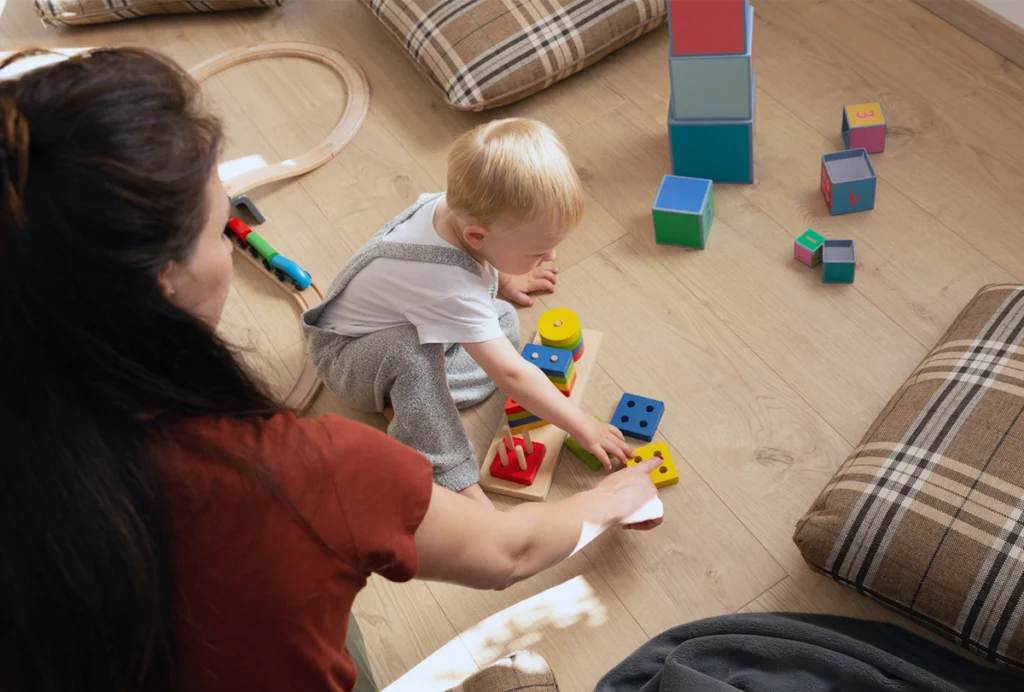
Sensitive test of autism treatment effects could enable comparison of different interventions
In a first, researchers used the BOSCC measure to analyze data from multiple previous studies.
Crowdsourcing to curb aggression in autism: Q&A with Matthew Goodwin
To accelerate the development of real-time behavioral prediction technology, a research team is sharing data and seeking new collaborators.
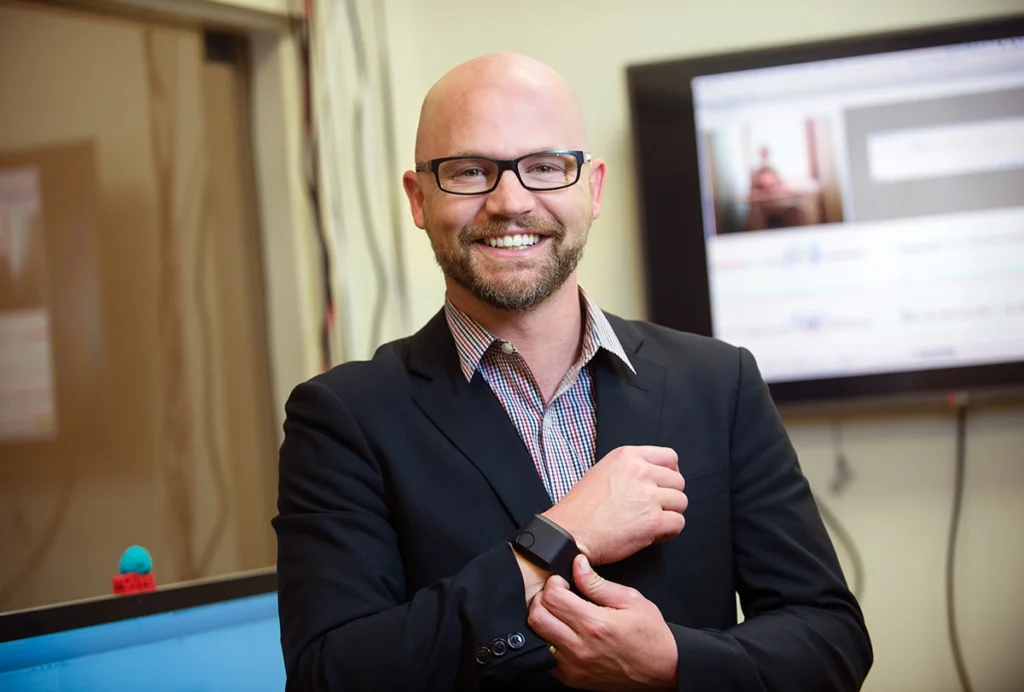
Crowdsourcing to curb aggression in autism: Q&A with Matthew Goodwin
To accelerate the development of real-time behavioral prediction technology, a research team is sharing data and seeking new collaborators.
Head of company that accredits autism service providers resigns after article retraction
The resignation follows reporting by Spectrum and Retraction Watch in October about nonexistent references in the retracted article.

Head of company that accredits autism service providers resigns after article retraction
The resignation follows reporting by Spectrum and Retraction Watch in October about nonexistent references in the retracted article.
Article defending private-equity involvement in autism services retracted
Nearly two-thirds of the article’s references appear to not exist.

Article defending private-equity involvement in autism services retracted
Nearly two-thirds of the article’s references appear to not exist.
Journal club: Why do some children lose their autism diagnosis?
More than one-third of a cohort of autistic toddlers no longer meet criteria for the condition at school age, according to a new study, but the findings may not generalize because the cohort is predominantly white and affluent.
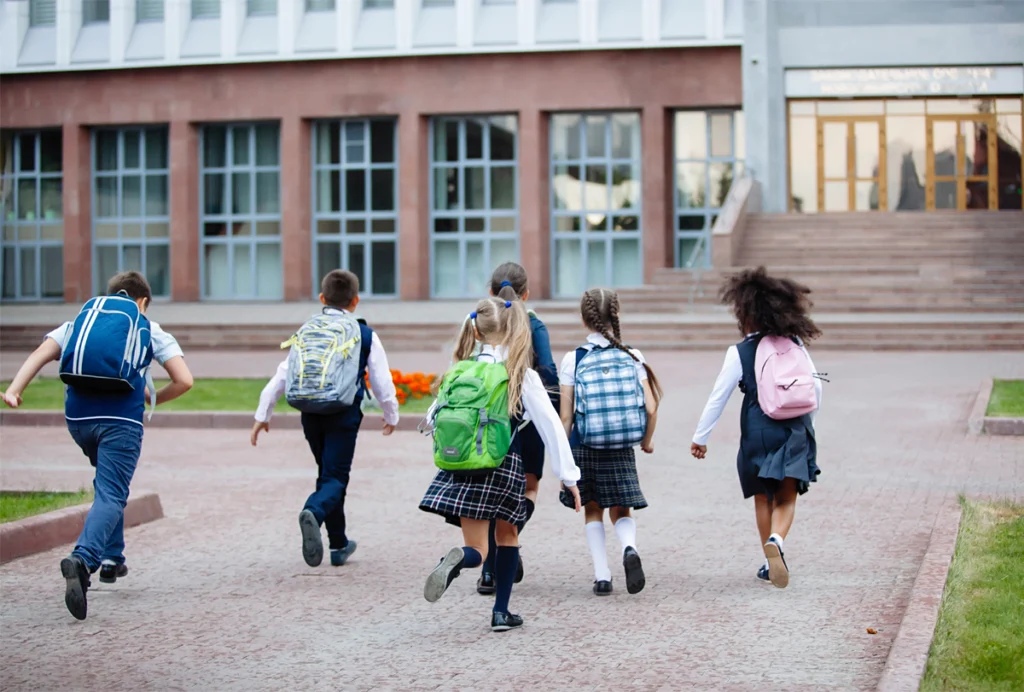
Journal club: Why do some children lose their autism diagnosis?
More than one-third of a cohort of autistic toddlers no longer meet criteria for the condition at school age, according to a new study, but the findings may not generalize because the cohort is predominantly white and affluent.
Brian Boyd, classroom-based interventions and the importance of representation
The leader of the Frank Porter Graham Child Development Institute talks about what drew him into the autism field, and his departure from — and return to — the University of North Carolina at Chapel Hill.
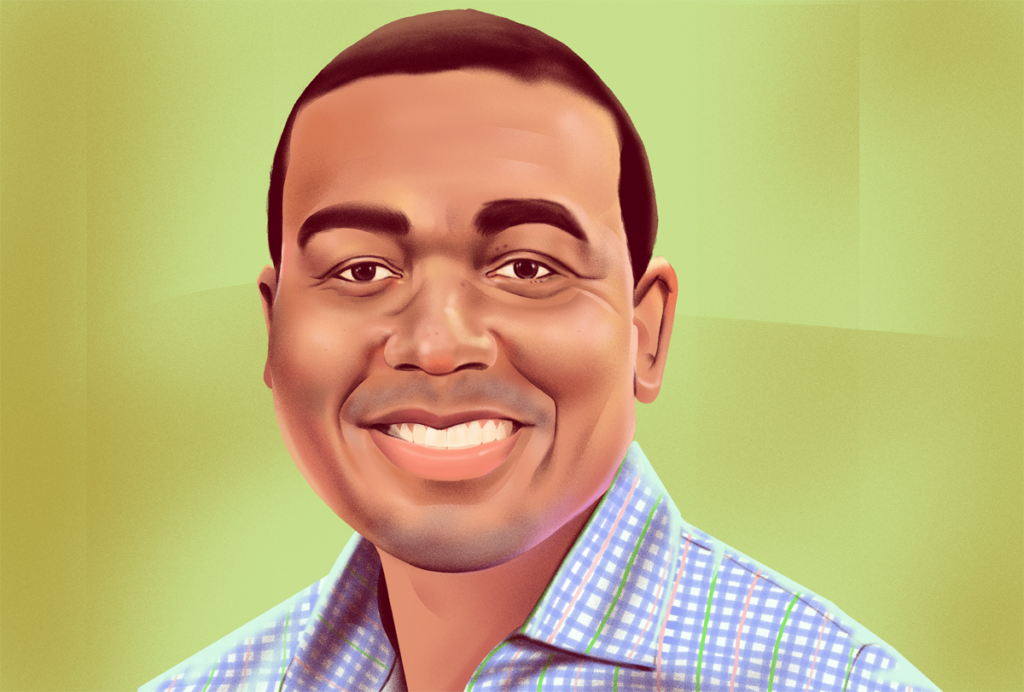
Brian Boyd, classroom-based interventions and the importance of representation
The leader of the Frank Porter Graham Child Development Institute talks about what drew him into the autism field, and his departure from — and return to — the University of North Carolina at Chapel Hill.
Mental health issues emerge with shifts in autism traits across childhood
Anxiety and other challenges autistic children experience may stem from an increase in social-communication issues and a decrease in repetitive behaviors from ages 6 to 11.
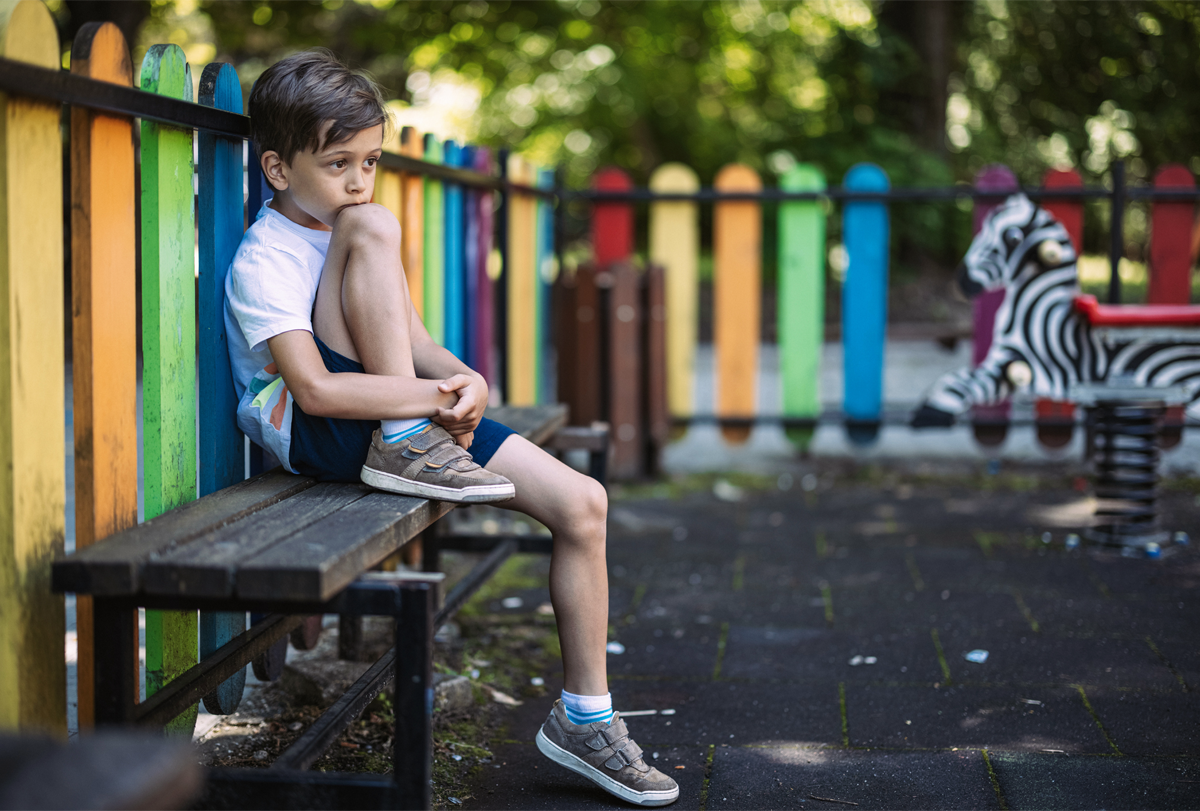
Mental health issues emerge with shifts in autism traits across childhood
Anxiety and other challenges autistic children experience may stem from an increase in social-communication issues and a decrease in repetitive behaviors from ages 6 to 11.
‘Emergent and transactional’: How Jonathan Green is rethinking autism and interventions
The experienced clinician discusses writing his recent paper, and its reception in the field.
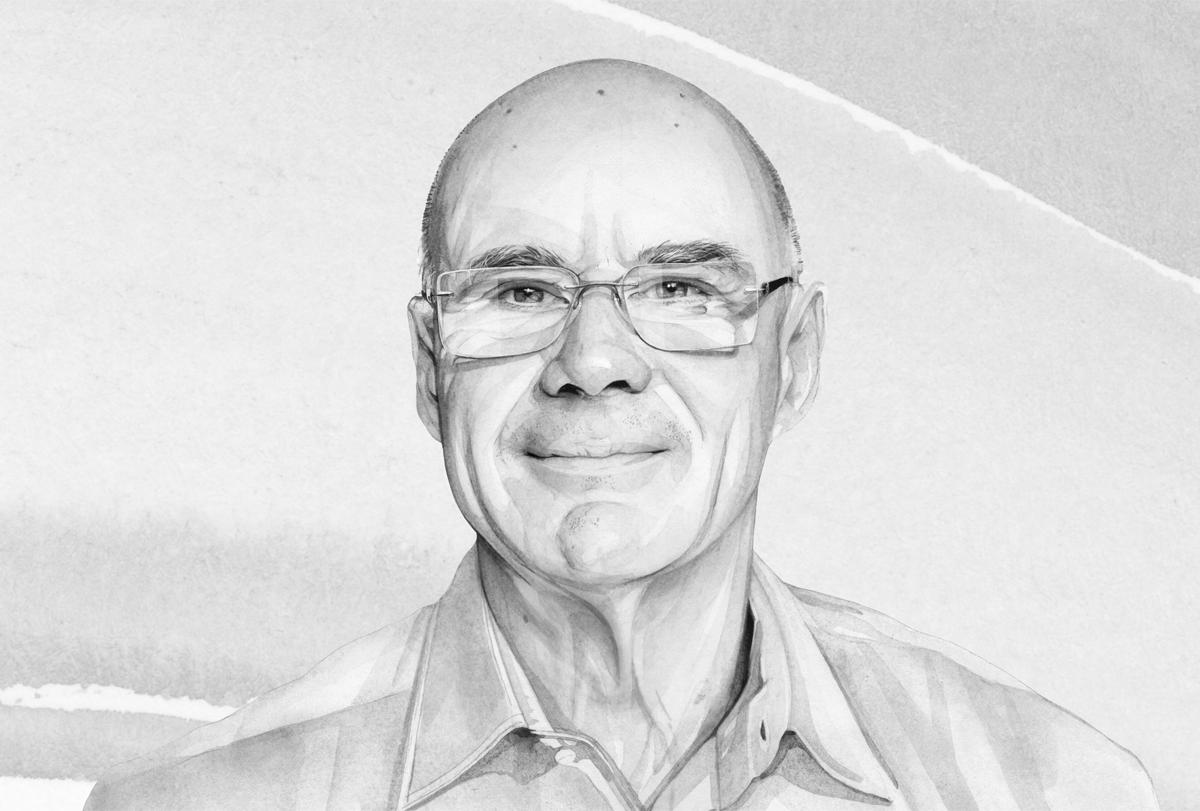
‘Emergent and transactional’: How Jonathan Green is rethinking autism and interventions
The experienced clinician discusses writing his recent paper, and its reception in the field.
Statistical method improves behavioral predictions from fMRI
The framework, inspired by the polygenic risk score, considers the cumulative effect of neuronal connections.
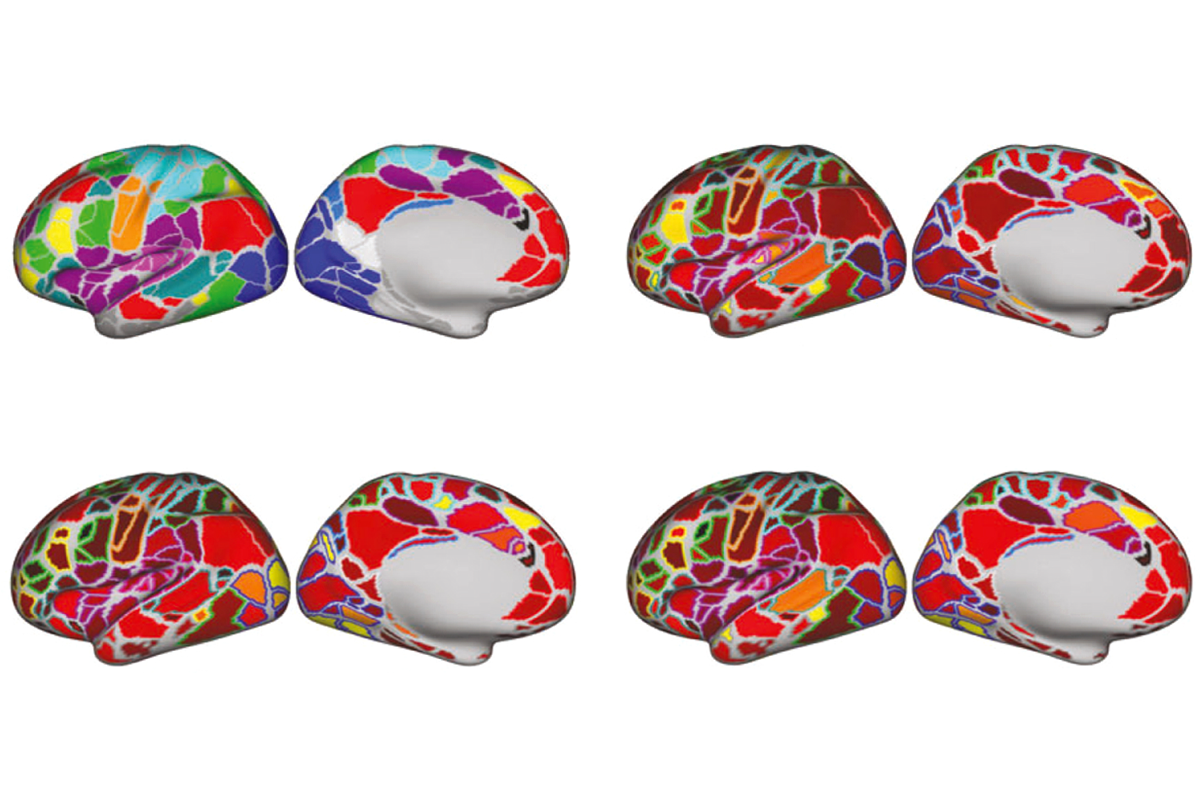
Statistical method improves behavioral predictions from fMRI
The framework, inspired by the polygenic risk score, considers the cumulative effect of neuronal connections.
Two scientists, two interventions: A ‘gentle rivalry’ to aid autistic children
Minimally verbal autistic preschoolers gained new words and phrases in a head-to-head comparison of two interventions.
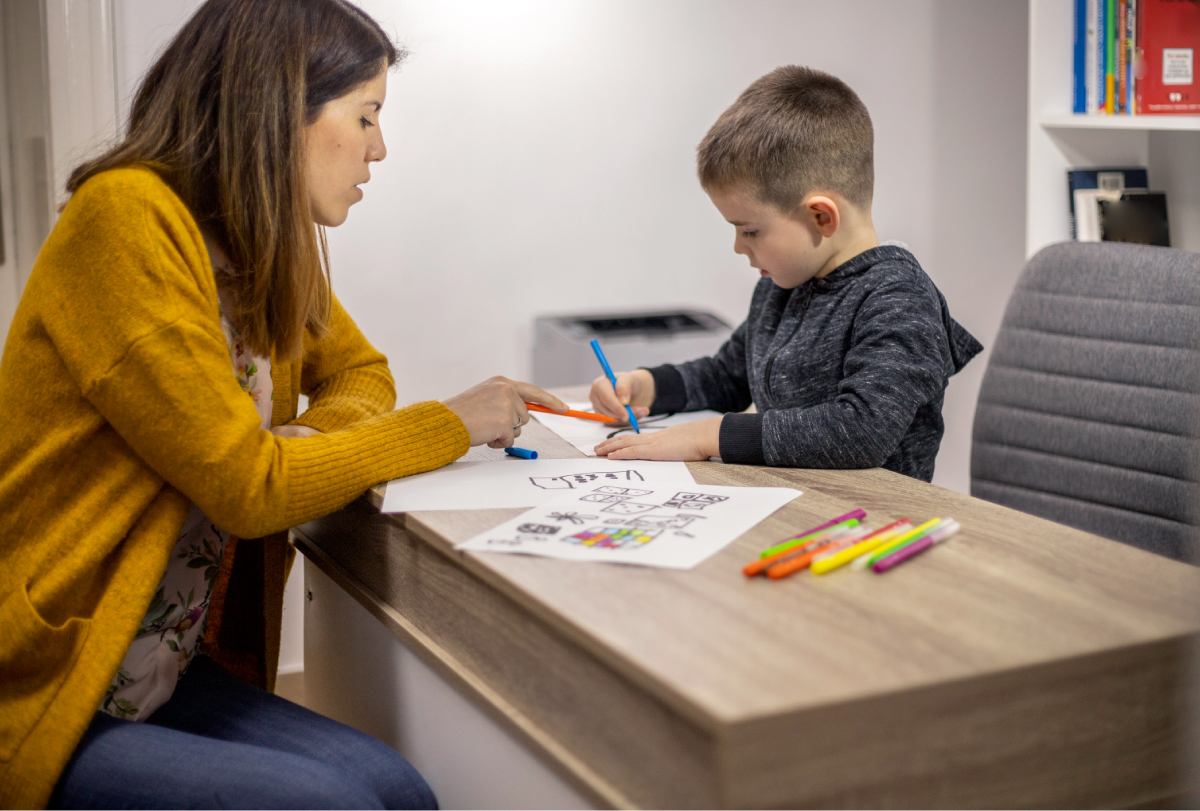
Two scientists, two interventions: A ‘gentle rivalry’ to aid autistic children
Minimally verbal autistic preschoolers gained new words and phrases in a head-to-head comparison of two interventions.
Explore more from The Transmitter
INSAR takes ‘intentional break’ from annual summer webinar series
The International Society for Autism Research cited a need to “thoughtfully reimagine” its popular online program before resuming it in 2026.

INSAR takes ‘intentional break’ from annual summer webinar series
The International Society for Autism Research cited a need to “thoughtfully reimagine” its popular online program before resuming it in 2026.
Null and Noteworthy: Neurons tracking sequences don’t fire in order
Instead, neurons encode the position of sequential items in working memory based on when they fire during ongoing brain wave oscillations—a finding that challenges a long-standing theory.
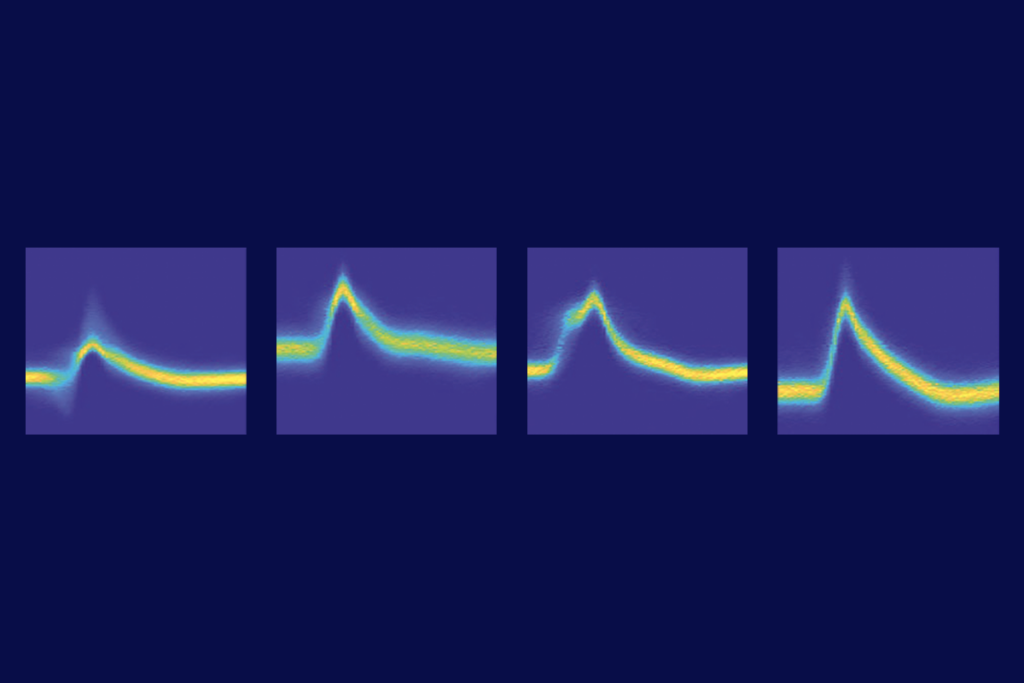
Null and Noteworthy: Neurons tracking sequences don’t fire in order
Instead, neurons encode the position of sequential items in working memory based on when they fire during ongoing brain wave oscillations—a finding that challenges a long-standing theory.
How to teach this paper: ‘Neurotoxic reactive astrocytes are induced by activated microglia,’ by Liddelow et al. (2017)
Shane Liddelow and his collaborators identified the factors that transform astrocytes from their helpful to harmful form. Their work is a great choice if you want to teach students about glial cell types, cell culture, gene expression or protein measurement.
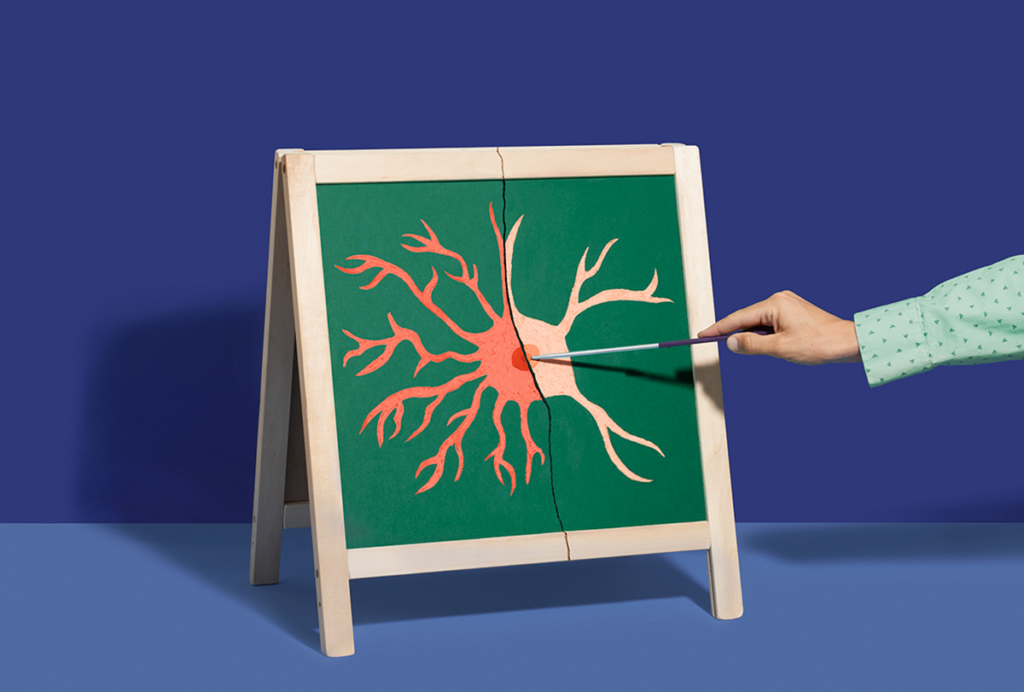
How to teach this paper: ‘Neurotoxic reactive astrocytes are induced by activated microglia,’ by Liddelow et al. (2017)
Shane Liddelow and his collaborators identified the factors that transform astrocytes from their helpful to harmful form. Their work is a great choice if you want to teach students about glial cell types, cell culture, gene expression or protein measurement.